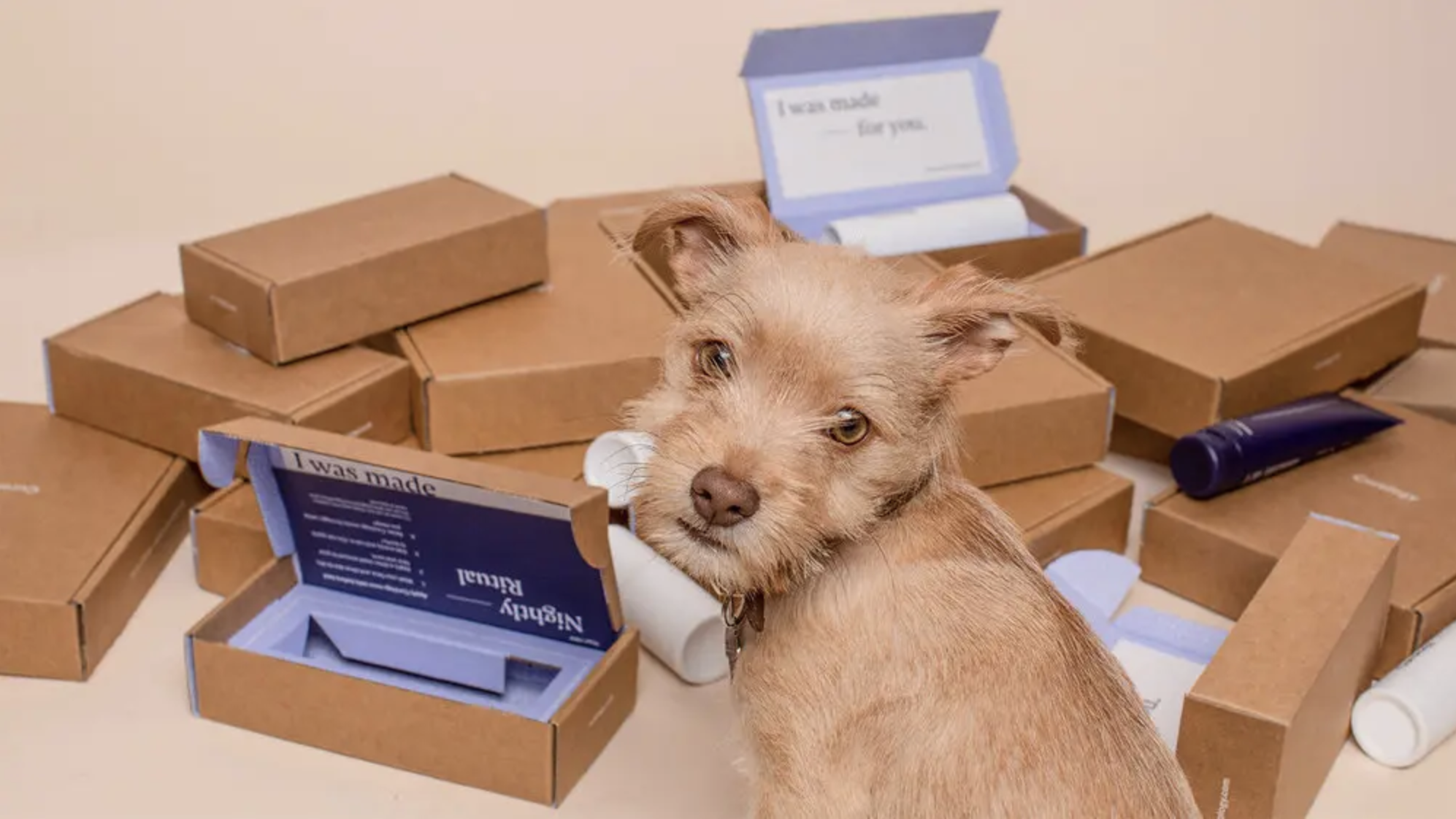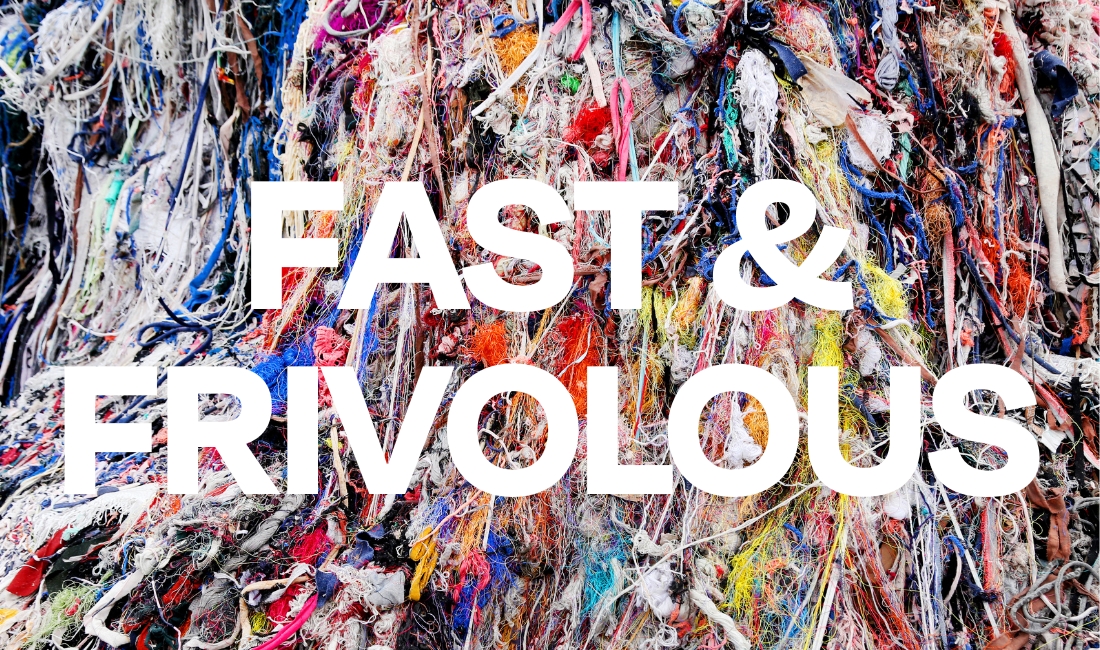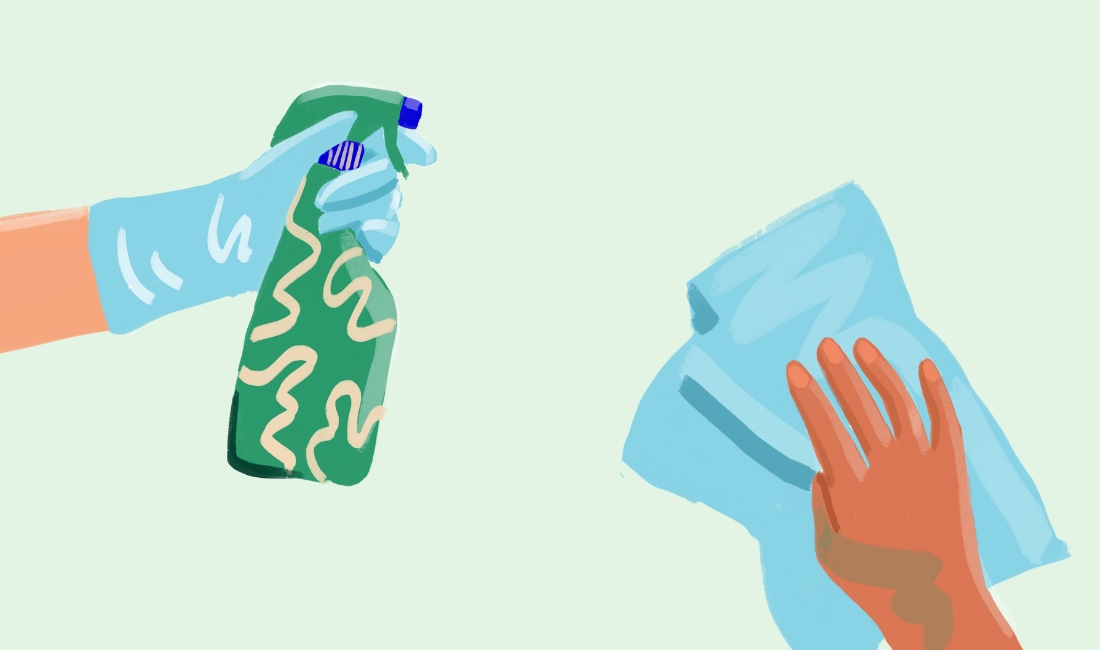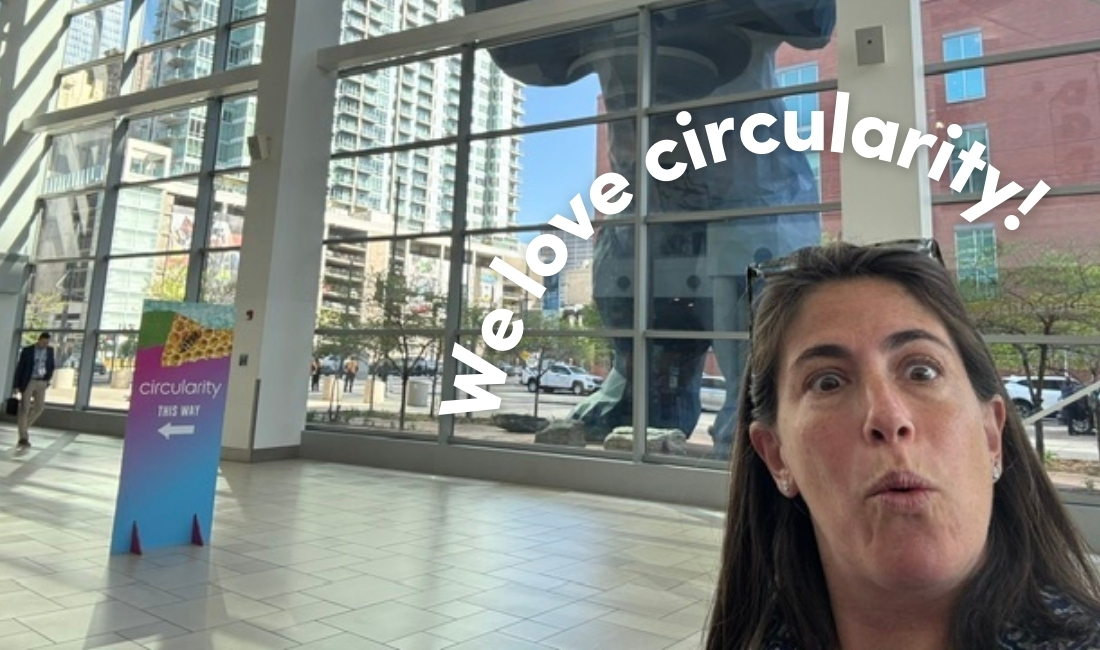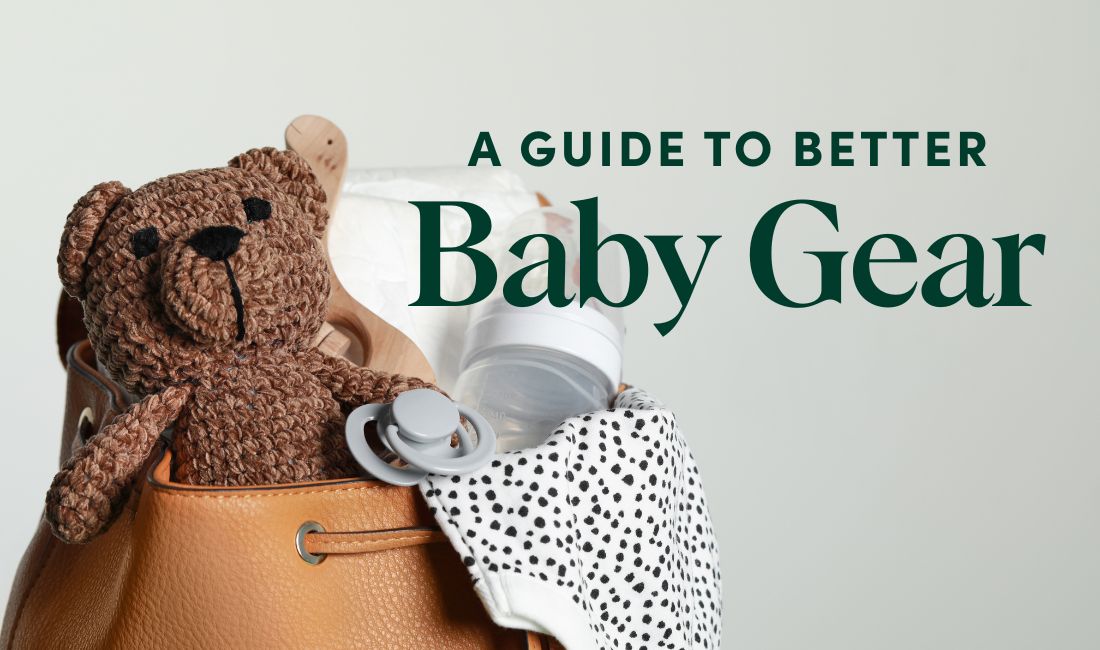Non-Toxic Definition
Over 500 years ago, the “father of toxicology”, Swiss scientist Paracelus, coined the famous phrase, “the dose makes the poison”. In other words, everything, even water and air, can be toxic at a high enough dose. So what does this mean for terms like “non-toxic” and how do scientists think about toxicity?
It is pretty rare for toxicologists and other scientists to use phrases like “non-toxic” when they describe chemicals, since no chemical or material is purely “non-toxic”. Really, a chemical is either “more toxic” or “less toxic” than another chemical. Instead, scientists will use model organisms, like bacteria or mice, to determine what is called the No Observed Adverse Effect Level, or the NOAEL. The NOAEL is the highest amount of a chemical an organism can be exposed to before it begins showing some sort of toxic response, like getting sick or developing a rash. To make things more confusing, scientists and toxicologists study “toxicity” in all sorts of forms, including what parts of the body a chemical might impact, and what the negative impact might look like. Plus, something that isn’t toxic for humans could be horrible for the environment or vice versa. My favorite example of this is “non-toxic” bug spray. A product that has the job of killing organisms is, like, inherently toxic, even if it isn’t to you...
Unfortunately, while the US Federal Trade Commission Green Guides try to limit false claims of “non-toxic” products, the Green Guides are not actually a law, and they do not fully define what makes a chemical or product “non-toxic” because of how difficult that is, so regulating false claims of “non-toxic” materials can be extremely hard.
The term “non-toxic” isn’t purely greenwashing, but it also isn’t purely scientific. There can be scientific truth to the term, especially when it is attached to a known NOAEL value. However, due to greenwashing, difficulty in regulation, and a lack of scientific agreement about how to broadly and scientifically define something as “non-toxic”, we definitely suggest being on the lookout when shopping for products that make this claim.
Written by Mark Falinski, Ph.D.
Finch is your guide to all things sustainability.
Unlock unlimited articles, comprehensive product guides, and sustainable product recommendations to help you make better decisions every day.
SubscribeLearn more about our sources and methodology
LEARN MORE
